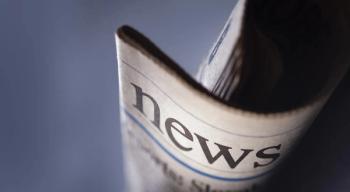
From sleep disturbances in ADHD to psychotherapy for treatment-resistant depression, here are highlights from the week in Psychiatric Times.

From sleep disturbances in ADHD to psychotherapy for treatment-resistant depression, here are highlights from the week in Psychiatric Times.
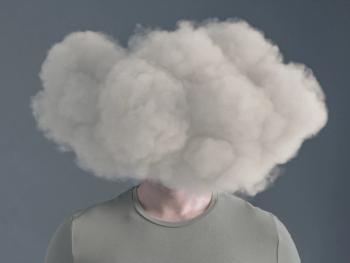
TMS for the treatment of neuropsychiatric symptoms in patients with long COVID appeared to improve their cognitive function and symptoms of depression.
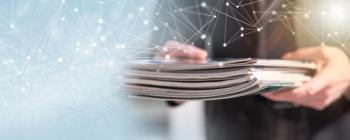
What is new in research on TMS?

From the efficacy of adjunctive TMS for treatment-resistant major depression to a look at adult ADHD, here are highlights from the week in Psychiatric Times.
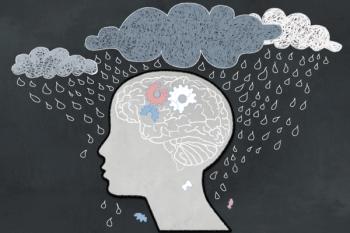
Adjunctive rTMS for treatment-resistant depression? Researchers performed a meta-analysis of 19 randomized sham-controlled trials.

What is new in research on transcranial magnetic stimulation?
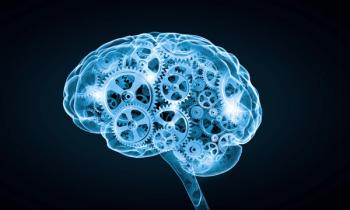
Psychiatry: a field of medicine that is constantly evolving.
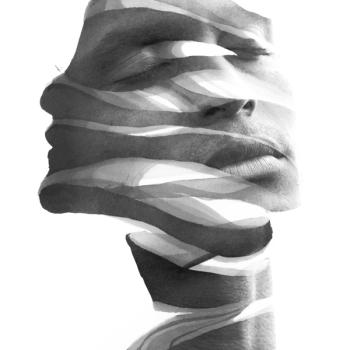
Investigators also concluded that rTMS may be effective as an adjunctive treatment for patients with MDD.
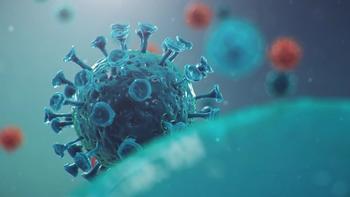
Transcranial magnetic stimulation treatment appeared to lessen some neuropsychiatric symptoms of long COVID in an open-label pilot study.
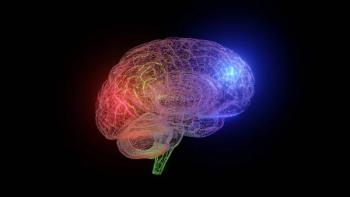
A recent study finds noninvasive brain stimulation techniques such as ECT, rTMS, and tDCS may be helpful for patients with catatonia.
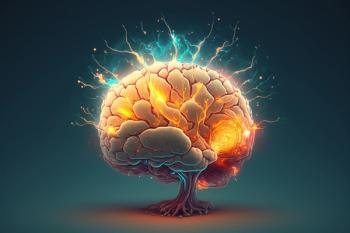
Neuroimaging could help predict clinical response to treatment in bipolar depression.
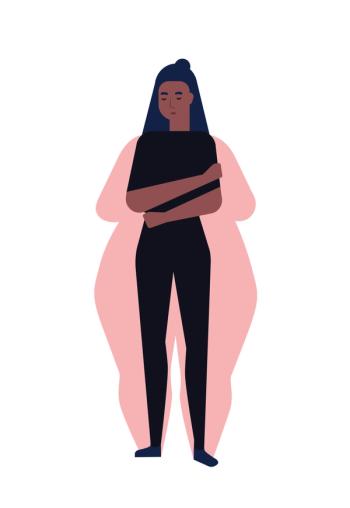
How can procedures like repetitive transcranial magnetic stimulation and deep brain stimulation help in the treatment of eating disorders?

Researchers focused on elements across several categories, including brain state, cumulative exposure, and treatment and individualized parameters.
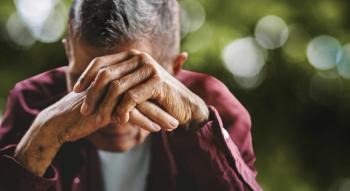
Study investigates connections between rTMS and factors including depression and cognitive performance.
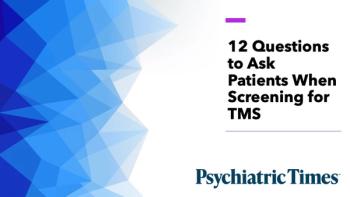
When considering transcranial magnetic stimulation as a treatment option for treatment-resistant depression, here are some key questions to ask the patient.
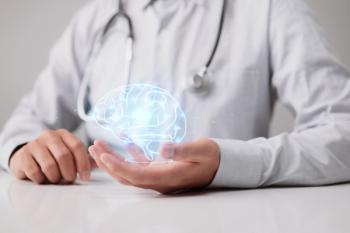
How did you get into psychiatry?

Innovation award presented to early career psychiatrist promotes exploration and research in the use of neurostimulation for psychiatric disorders.

Transcranial direct current stimulation for depression.
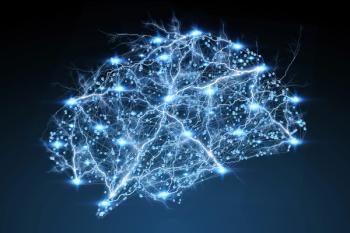
"20% to 30% of patients develop a persistent, hard-to-treat illness."
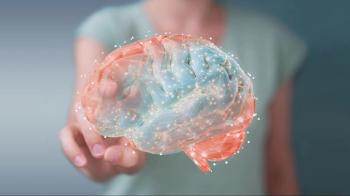
Noninvasive brain stimulation techniques have been shown to be safe and effective in treating the cognitive, physical, and emotional consequences of acquired brain injury.
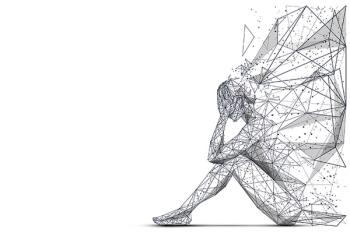
How can transcranial magnetic stimulation help patients with treatment-resistant depression?

It’s an FDA approved technology, but what exactly is TMS and why should you be aware of it?